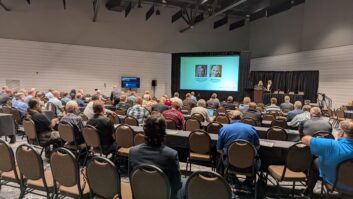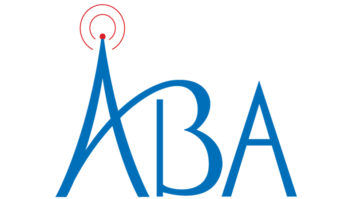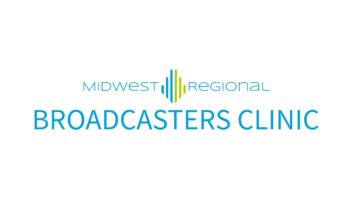Broadcasters are pushing back hard on the Federal Communications Commission’s potential restoration of the mandate that broadcasters file data on the diversity of their workforces and that the data be available to the public, including by blaming Big Tech for some of broadcasting’s diversity recruiting problems.
The annual collection of Form 395-B data on workforce composition (race and gender) has been in limbo for two decades. The filing of the form was suspended in 2001 following an appeals court decision vacating part of the FCC’s Equal Employment Opportunity (EEO) requirements. Even though the FCC in 2004 revised the regulations on filing the form, broadcasters still did not have to file it due to unresolved issues about data confidentiality, issues the FCC is trying to resolve under Chair Jessica Rosenworcel.
In a notice of proposed rulemaking (NPRM) issued last July, the FCC said it wanted to “refresh” the record on Form 395-B data collection and related ”legal, logistical and technical issues” of potentially lifting the suspension.
But according to an ex parte filing at the FCC, executives from the National Association of Broadcasters, accompanied by 40 broadcasters — general managers, owners and others — from large and small companies and markets met with staffers for all the commissioners to push back on reinstating the form.
[Related: “FCC Could Recommence Race and Gender Reporting for Broadcaster”]
The broadcasters said they are all for improving diversity, but said restoring the form “would do nothing to help achieve this aim, and in fact, could distract the FCC and industry from more effective actions.”
They suggested one of those actions would be for the FCC to “boost interest” in TV and radio jobs given that broadcasters already were doing “everything in their power to attract and retain diverse talent” against a Big Tech industry draining the workforce.
“Several broadcasters described the hurdles they face in trying to attract a diverse pool of qualified job candidates, or for that matter, any pool of qualified applicants,” the broadcasters told the FCC. “In their recent experience, many job applicants — regardless of race, ethnicity, or gender — are more interested in working for one of the Big Tech companies or some other outlet they perceive as more relevant or cutting-edge, and that typically can afford to pay higher salaries.”
The NAB has also argued to the FCC that the form would pressure broadcasters to give preferential treatment to candidates of a particular gender or race.
Taking quite a different view of the issue was the Multicultural Media, Telecom and Internet Council (MMTC), which had its own meeting last week with FCC officials.
[See Our Business and Law Page]
MMTC took issue with some of the broadcaster pushback, saying that while “career-building opportunities that extol the benefits of broadcast employment are useful, they are not a substitute for enforcement of the EEO Rule.”
While the broadcasters told the FCC that they “already do everything in their power to attract and retain diverse talent,” the MMTC didn’t see it that way. “[N]o amount of career enthusiasm can overcome the ill-will of an employer who chooses not to recruit or equally employ people of color or women,” the group said.
As to the suggestion the form would force broadcasters into unfair hiring practices, the MMTC said: “The reporting of EEO data — whether anonymously or publicly — does not ’pressure‘ licensees to hire preferentially on the basis of race or gender.”
Comment on this or any article. Email [email protected].







